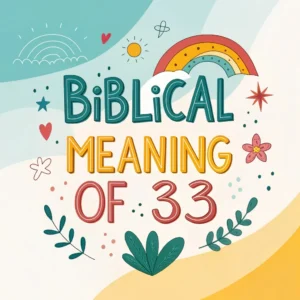In the tapestry of Christian faith, thanksgiving weaves a thread of profound significance. This exploration delves into the rich biblical meaning of thanksgiving, uncovering its spiritual essence and transformative power in a believer’s life.
From ancient Hebrew practices to New Testament teachings, we’ll unravel how gratitude shapes our relationship with God and impacts our daily walk.
The Essence of Biblical Thanksgiving
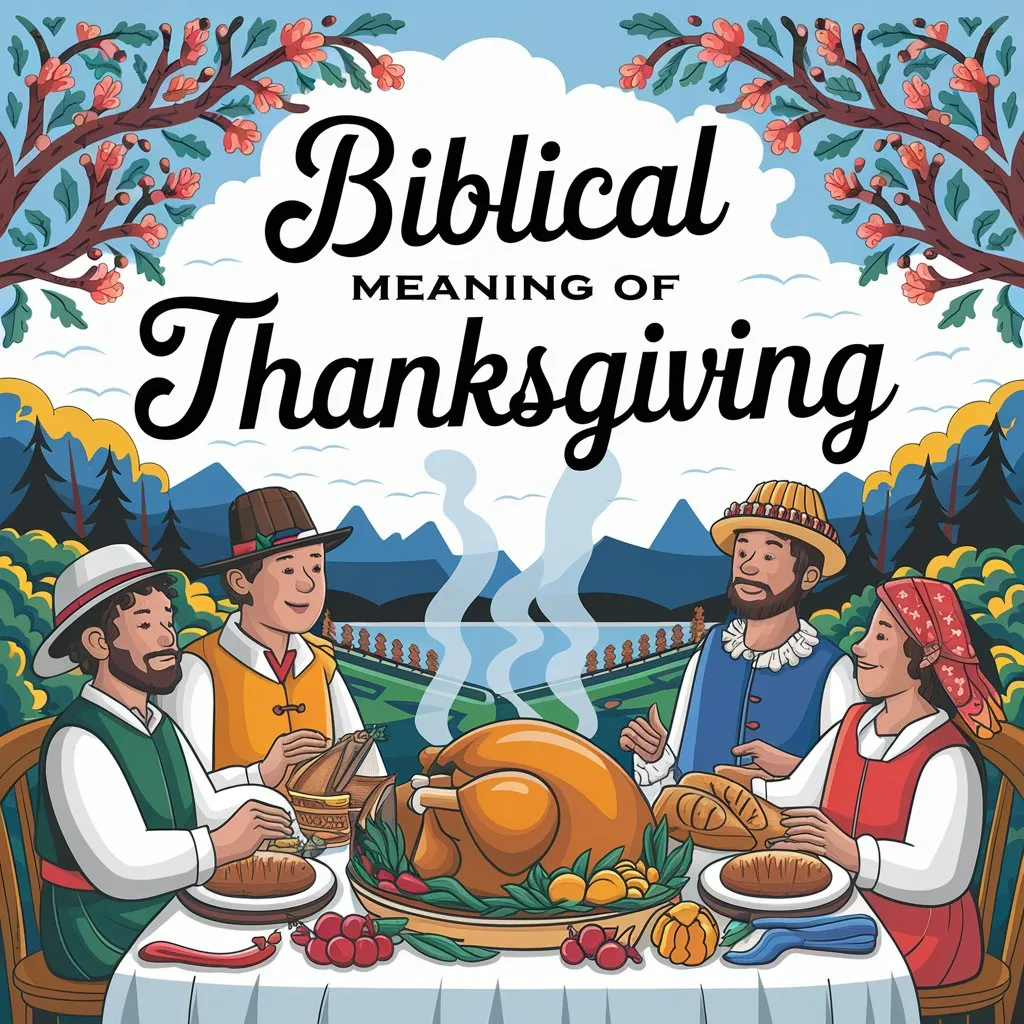
- Biblical thanksgiving is more than a casual “thank you”; it’s a heartfelt expression of gratitude to God.
- The Hebrew concept of “todah” encompasses praise, confession, and worship.
- In Greek, “eucharisteo” forms the root of “Eucharist,” highlighting thanksgiving’s central role in Christian worship.
- Thanksgiving in the Bible focuses on God’s character, His works, and His blessings.
- It’s a practice encouraged in all circumstances, even amid trials and difficulties.
- Biblical thanksgiving is an overflow of faith and a communal practice among believers.
- Cultivating a spirit of gratitude can transform one’s spiritual life and overall well-being.
- Thanksgiving is not limited to a specific day but is meant to be a lifestyle for Christians.
- Embracing biblical thanksgiving can lead to deeper faith, increased joy, and greater resilience.
- Practical applications include daily gratitude practices, mindful worship, and serving others with a thankful heart.

A Heart of Gratitude: The Essence of Biblical Thanksgiving
Thanksgiving, in its biblical context, transcends mere social niceties or seasonal observances. It’s a profound spiritual practice that lies at the heart of a believer’s relationship with God.
This concept of gratitude is not just about saying “thank you” for good things; it’s a deep recognition of God’s sovereignty, goodness, and constant presence in our lives.
The biblical understanding of thanksgiving shapes our entire worldview, influencing how we perceive blessings, challenges, and even our very existence.
It’s a lens through which we view life, coloring our experiences with the hues of divine grace and providence.
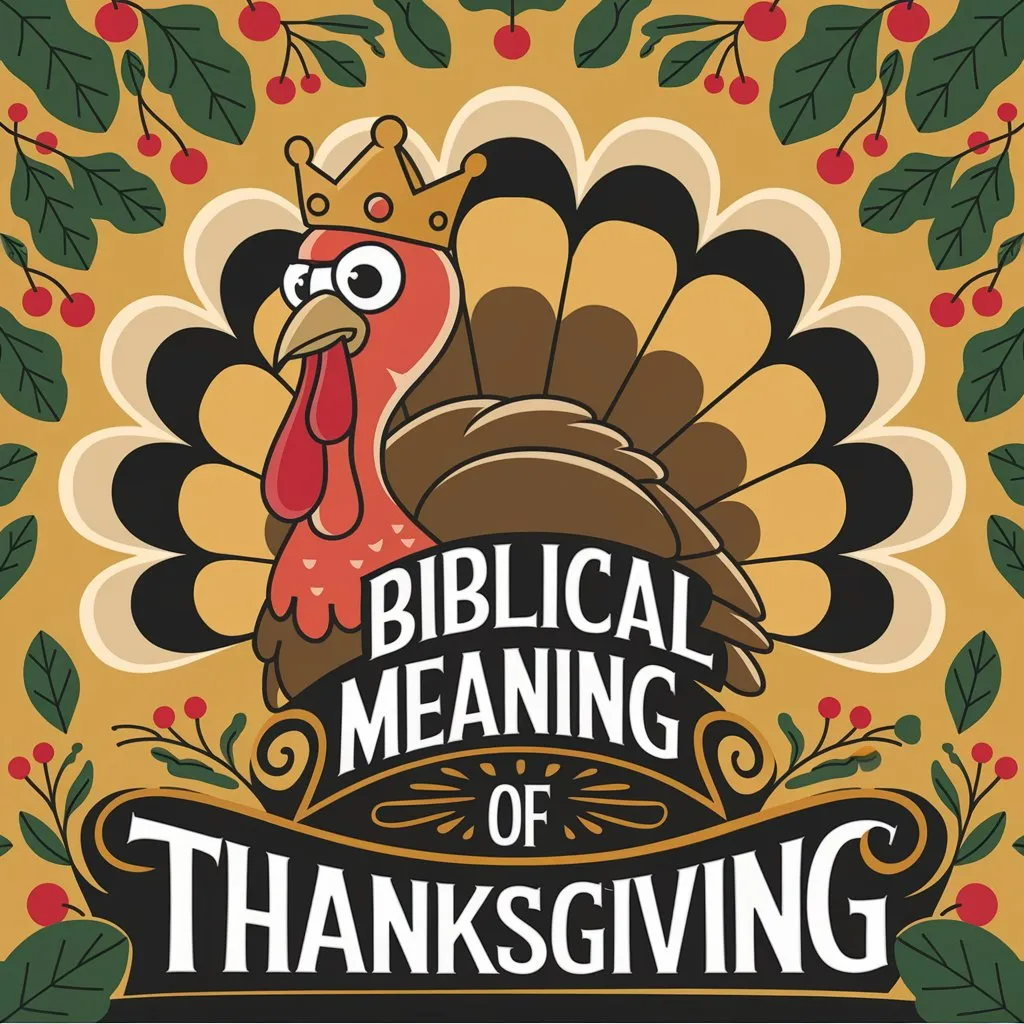
The Hebrew Concept: Todah
The Old Testament introduces us to the rich Hebrew concept of “todah,” a term that encapsulates the essence of biblical thanksgiving.
This word carries a depth of meaning that goes far beyond a simple expression of gratitude.
Todah embodies a holistic approach to thanksgiving, intertwining praise, confession, and worship into a single, powerful act of devotion.
It’s not just about feeling thankful; it’s about expressing that gratitude through tangible actions and heartfelt worship.
The Greek Understanding: Eucharisteo
As we transition to the New Testament, we encounter the Greek term “eucharisteo,” which further enriches our understanding of biblical thanksgiving.
This word forms the root of “Eucharist,” highlighting the central role of gratitude in Christian worship and communion.
Eucharisteo emphasizes the active nature of thanksgiving, portraying it as a deliberate choice to recognize and appreciate God’s blessings.
It’s about cultivating a mindset of gratitude that permeates every aspect of our lives, from the mundane to the miraculous.
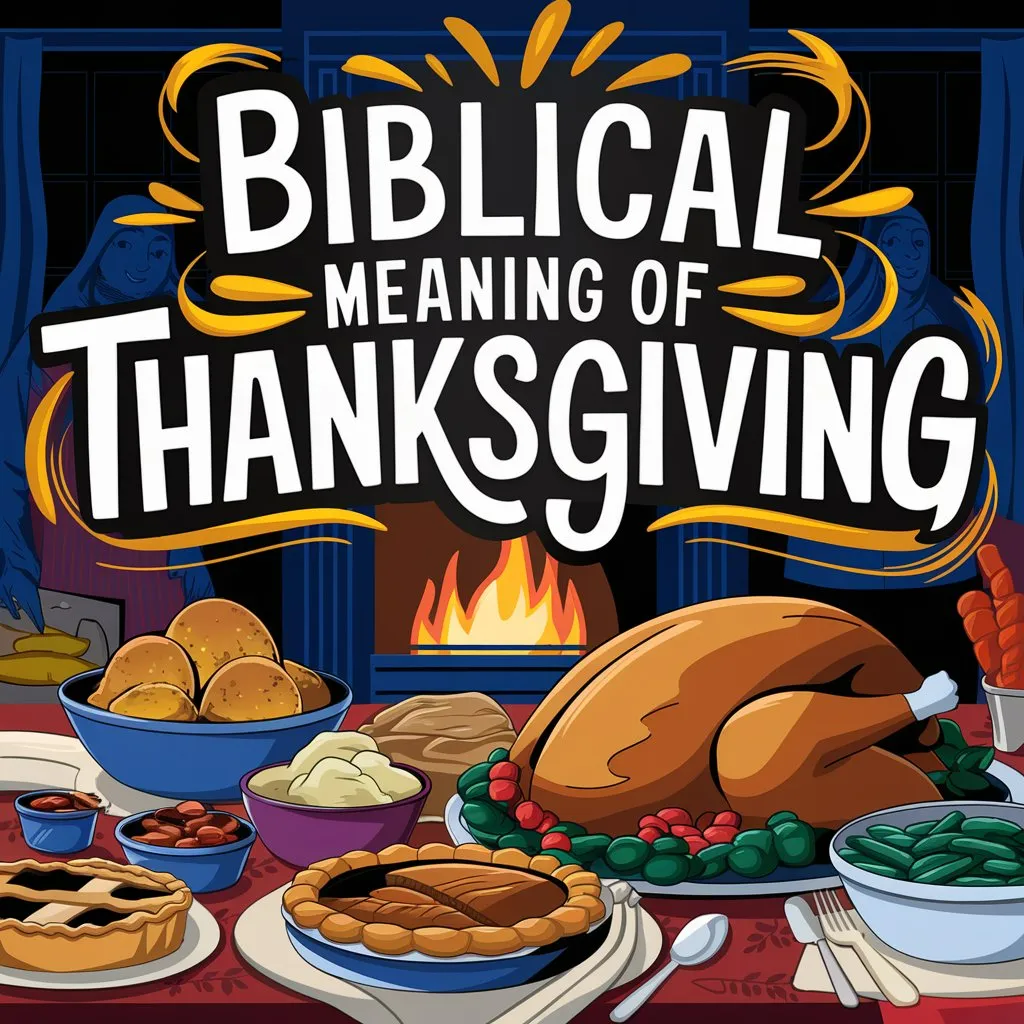
Key Aspects of Biblical Thanksgiving
Biblical thanksgiving is multifaceted, encompassing various aspects that collectively form a comprehensive approach to gratitude.
Understanding these key elements helps us grasp the depth and breadth of this spiritual practice.
Each aspect of biblical thanksgiving contributes to a fuller, richer expression of gratitude.
From focusing on God’s character to acknowledging His works, from offering thanks in all circumstances to seeing it as an overflow of faith, these elements shape our perspective and deepen our spiritual walk.
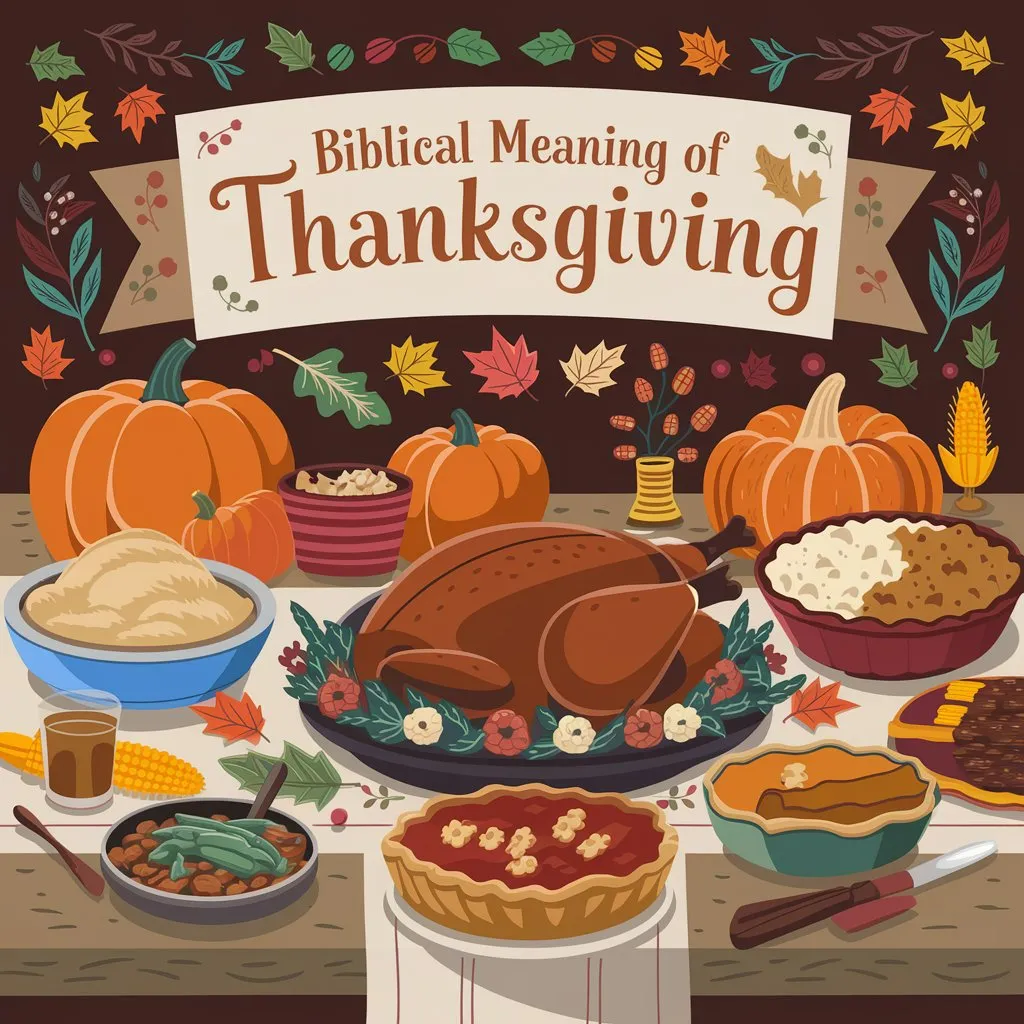
Practical Applications for Christians Today
While understanding the biblical concept of thanksgiving is crucial, it’s equally important to apply these principles in our daily lives.
Practical application brings these ancient truths into our modern context, making them relevant and impactful.
Implementing biblical thanksgiving in our lives requires intentionality and practice.
By cultivating daily gratitude, practicing mindful worship, reframing challenges, expressing gratitude to others, and serving with a thankful heart, we can experience the transformative power of biblical thanksgiving firsthand.
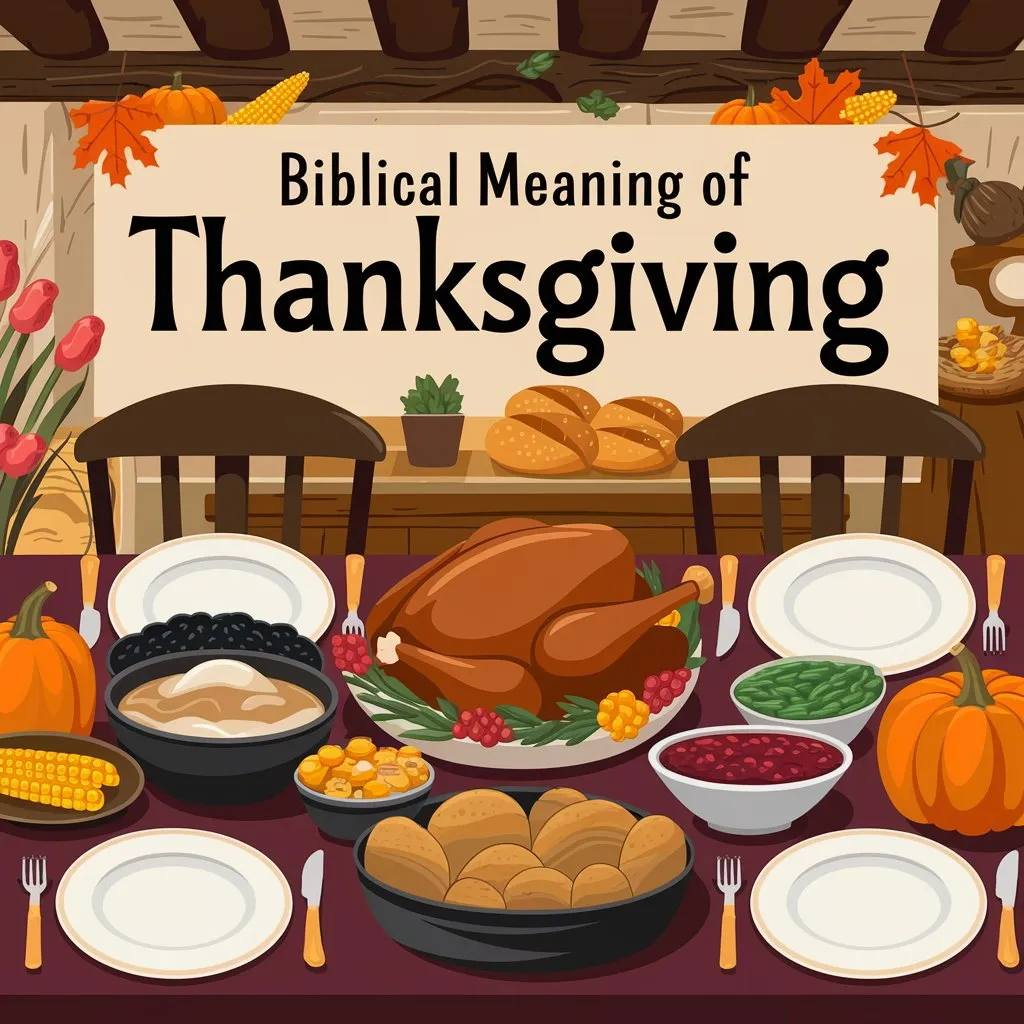
The Transformative Power of Biblical Thanksgiving
Embracing the biblical concept of thanksgiving has the potential to radically transform our lives. It’s not just about feeling good; it’s about experiencing a profound shift in our perspective, attitudes, and relationships.
The power of biblical thanksgiving lies in its ability to realign our focus. By consistently directing our attention to God’s goodness and faithfulness, we cultivate resilience, joy, and a deeper sense of purpose.
This practice shapes our character, molding us into individuals who reflect God’s love and grace to the world around us.
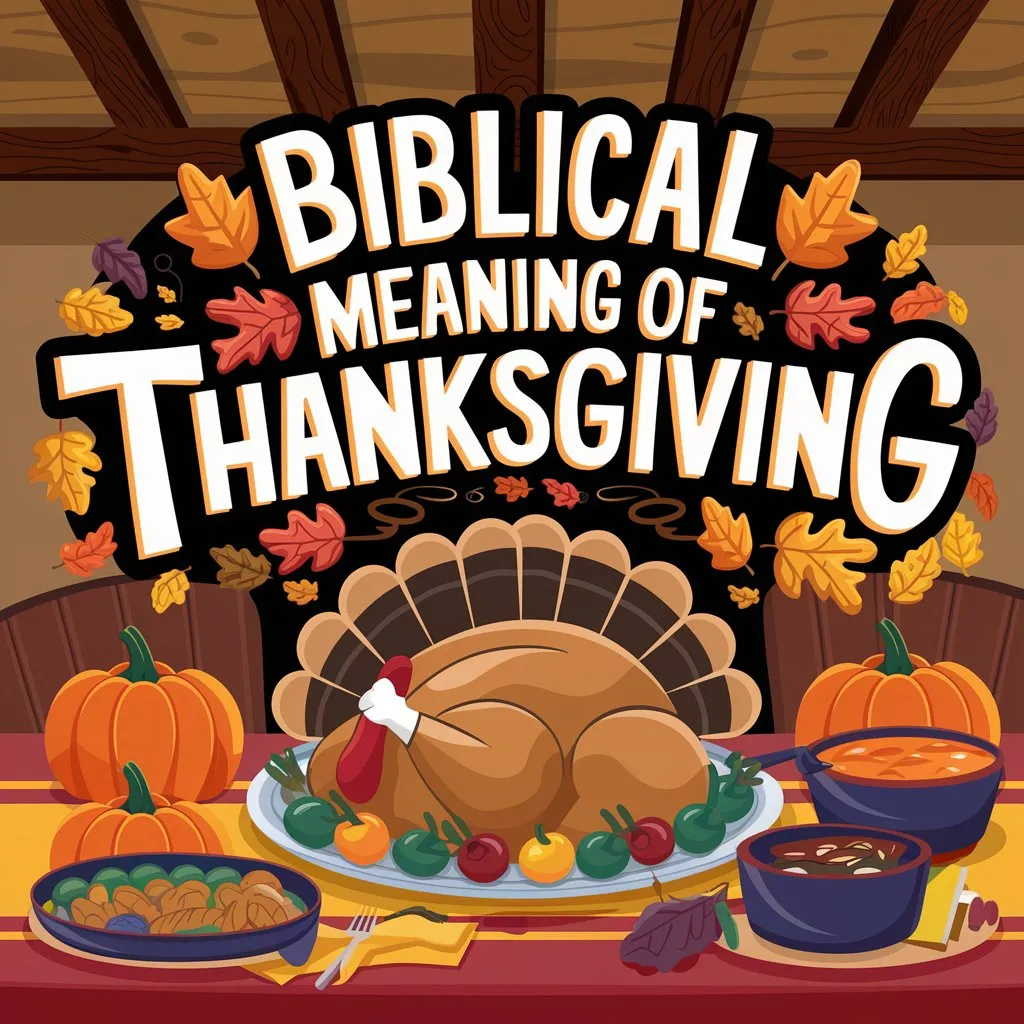
Conclusion: A Lifestyle of Gratitude
Biblical thanksgiving is not a one-time event or a seasonal practice. It’s a way of life, a continuous posture of the heart that shapes our entire existence.
By embracing this lifestyle of gratitude, we open ourselves to a deeper, richer experience of faith and life.
Living a life of thanksgiving means seeing every moment as an opportunity for gratitude. It’s about recognizing God’s hand in both the extraordinary and the ordinary, and responding with praise and appreciation.
This lifestyle transforms us from the inside out, impacting not only our own lives but also those around us.
FAQs
What is the difference between gratitude and biblical thanksgiving?
While gratitude is a general feeling of appreciation, biblical thanksgiving is specifically directed towards God. It involves recognizing God as the source of all blessings and praising Him for His character and works.
How often should Christians give thanks according to the Bible?
The Bible encourages believers to give thanks continually. 1 Thessalonians 5:18 states, “Give thanks in all circumstances; for this is God’s will for you in Christ Jesus.”
Can thanksgiving be offered even in difficult times?
Yes, biblical thanksgiving is not dependent on circumstances. Paul and Silas sang hymns of praise while in prison (Acts 16:25), demonstrating that thanksgiving can be offered even in hardship.
How does thanksgiving relate to worship?
Thanksgiving is an integral part of worship. It acknowledges God’s greatness and our dependence on Him. Psalm 100:4 instructs us to “Enter his gates with thanksgiving and his courts with praise.”
What are some practical ways to cultivate a spirit of thanksgiving?
Practical steps include keeping a gratitude journal, starting each prayer with thanksgiving, meditating on God’s blessings, and regularly expressing appreciation to others.

Hello, I’m Zephyra, your guide at SpiritualityEssence.com. I’m passionate about uncovering life’s mysteries and sharing transformative insights. Let’s explore mindfulness, ancient rituals, and the path to a more awakened life together. Join me on this spiritual journey!




